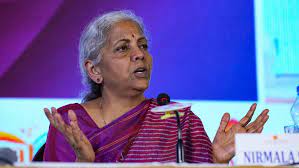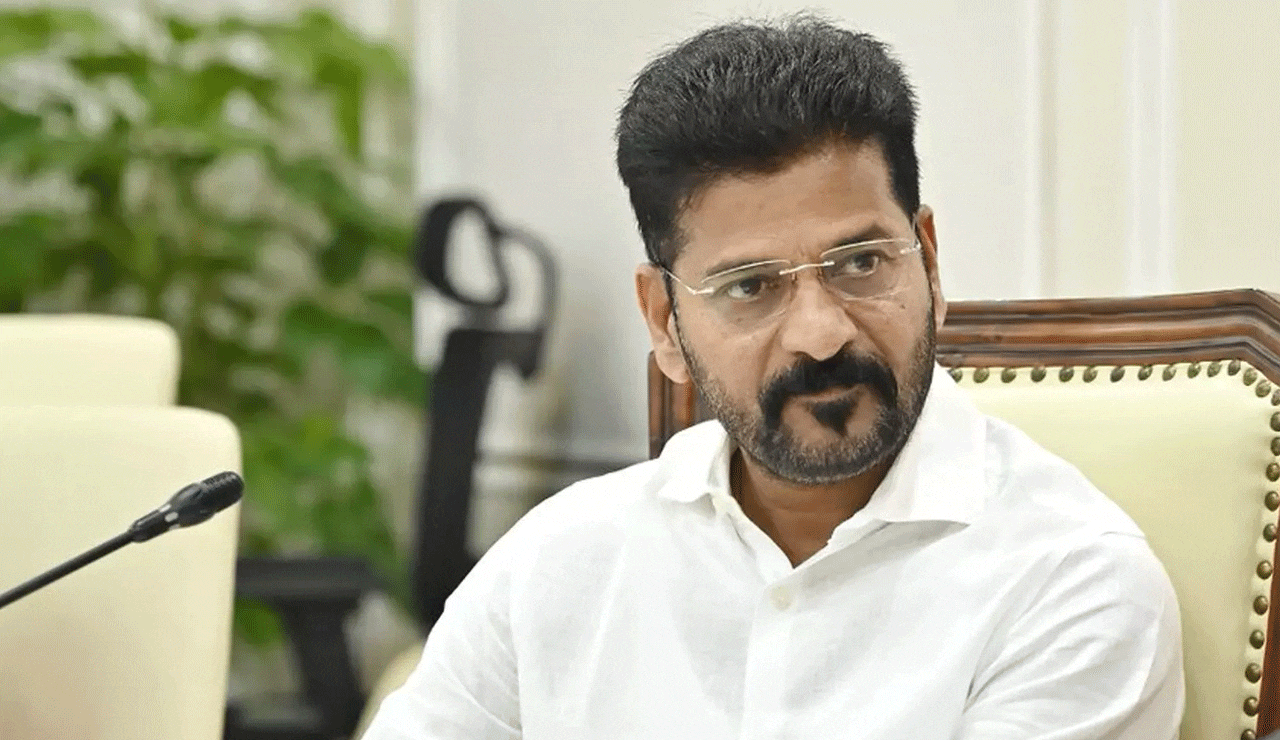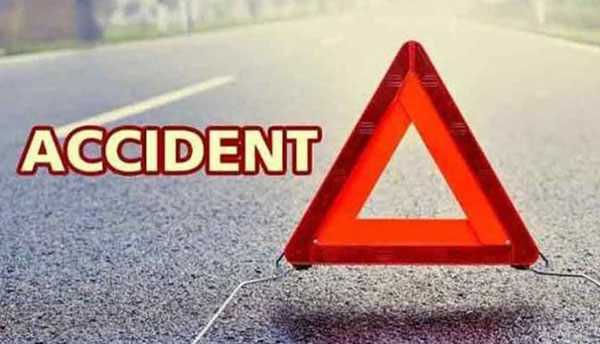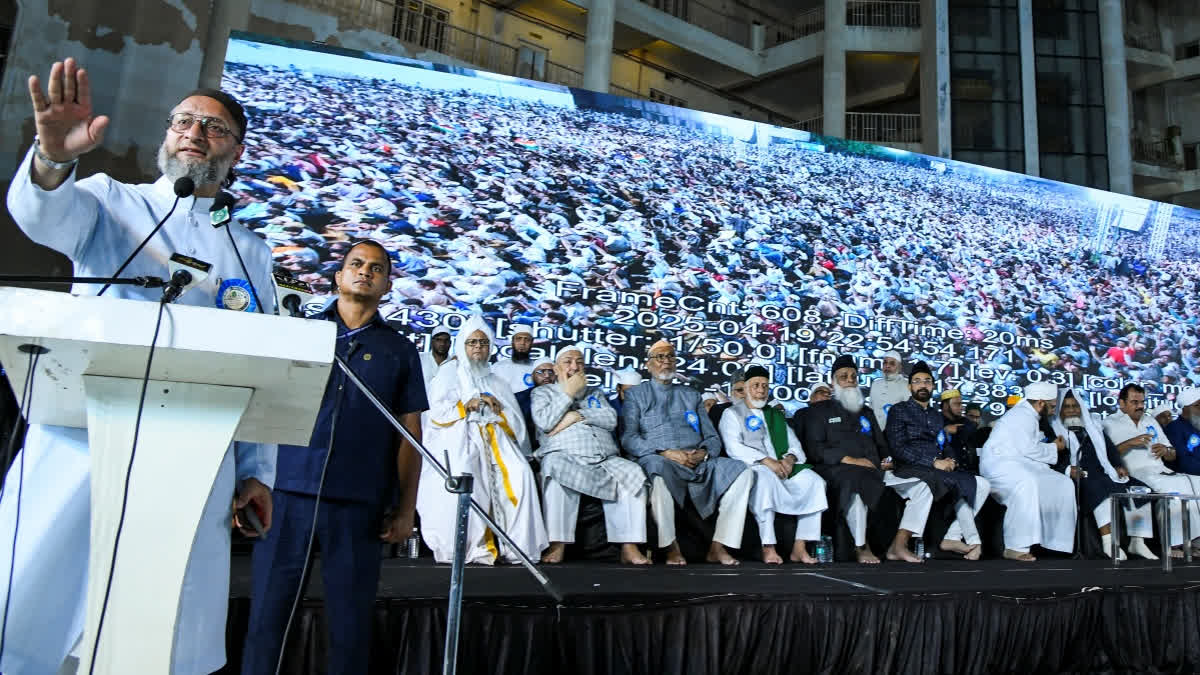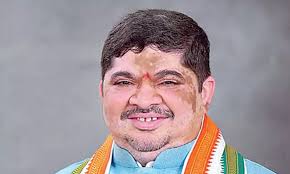Kenya's doctors to end 100-day strike
Wed 15 Mar 2017, 19:18:44
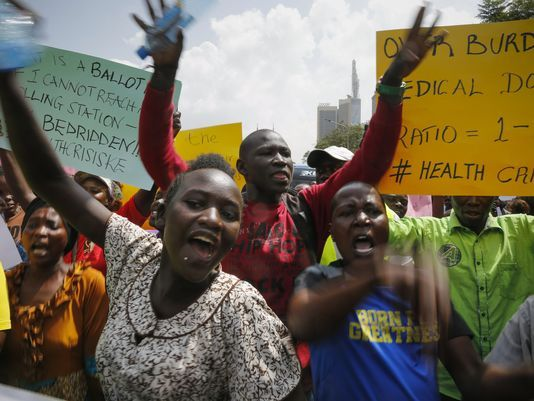
Kenya — A 100-day doctors' strike that has created a health crisis for millions of Kenyans neared an end Tuesday, when government and union officials signed an agreement to improve pay and work conditions, the union announced.
The country's 5,000 public-sector doctors will resume work on Friday, said Ouma Oluga, secretary-general of the Kenya Medical Practitioners, Pharmacists and Dentists Union, according to the Associated Press.
Doctors, who were once on call at all times, will now work 40 hours a week and be compensated for extra time on the job.
Thousands of doctors walked off the job Dec. 5 to protest the government’s failure to make good on a 2013 agreement to double salaries and hire thousands of new doctors to fill a severe shortage of physicians. The labor court will oversee the implementation of the agreement in 60 days, Oluga said.
Even when they are working, this nation of 44 million has a critical lack of doctors: just two for every 10,000 people, compared to 23 per 10,000 that the World Health Organization recommends.
The few Kenyans wealthy enough to afford private health insurance or pay their medical expenses out of pocket face long waits for care, too, as the country's private hospitals cope with a huge backlog of patients turned away from public hospitals.
Doctors in Kenya have earned as little as $1,200 per month in salary and benefits. The low pay forces many of them to seek work as private doctors in Kenya or in Europe or the United States, where they can earn better salaries.
In the United States, “I have friends who earn about $70,000 a year, said Douglas Osoro, a pharmacist who was in his first year working at the hospital here in Naivasha when the strike began. “Most of the
people of Kenya depend on the public sector,” said Osoro. “Why not strengthen the system that serves them?”
“We’re working with a deficit of doctors already,” said Judy Karagania, a resident in opthalmology at Nairobi’s largest public hospital. “And our population is growing so the deficit is likely to increase.”
“Sadly it’s the lower class that’s suffering,” she said.
A survey of 100 Kenyans last month by the mobile research platform mSurvey found 83% were directly affected by the strike, 74% were unhappy with the state of healthcare in the country and more than half knew someone who had sought treatment abroad due to inadequate services in Kenya.
“The problem goes far beyond the pay,” Osoro said. “One medical officer cannot see 100, 200 patients a day.”
Overcrowding can be a matter of life or death. Osoro recalled a case of an intoxicated patient who arrived foaming at the mouth and choking. There was no doctor to attend to him.
“The patient was unconscious. I tried calling the medical officer but they were honestly too busy to attend to that patient.” Osoro said it took 30 minutes to find a doctor who could see him and was able to clear the man’s airway. “The patient could have died.”
Sometimes, they do. Osoro recalls that when he was a resident at a teaching hospital in the city of Eldoret, a 7-year-old child arrived with a severe infection in his lungs. “We would have done fine with an ICU bed," he said, "but we called the ICU department and all the beds were full.”
The child died.
“It was really sad explaining to the mom what happened. We told her that if we had an ICU maybe we could have saved (him),” Osoro said. “It was her only kid. It was frustrating that we couldn’t save one life because of not having the facilities to do so.”
The country's 5,000 public-sector doctors will resume work on Friday, said Ouma Oluga, secretary-general of the Kenya Medical Practitioners, Pharmacists and Dentists Union, according to the Associated Press.
Doctors, who were once on call at all times, will now work 40 hours a week and be compensated for extra time on the job.
Thousands of doctors walked off the job Dec. 5 to protest the government’s failure to make good on a 2013 agreement to double salaries and hire thousands of new doctors to fill a severe shortage of physicians. The labor court will oversee the implementation of the agreement in 60 days, Oluga said.
Even when they are working, this nation of 44 million has a critical lack of doctors: just two for every 10,000 people, compared to 23 per 10,000 that the World Health Organization recommends.
The few Kenyans wealthy enough to afford private health insurance or pay their medical expenses out of pocket face long waits for care, too, as the country's private hospitals cope with a huge backlog of patients turned away from public hospitals.
Doctors in Kenya have earned as little as $1,200 per month in salary and benefits. The low pay forces many of them to seek work as private doctors in Kenya or in Europe or the United States, where they can earn better salaries.
In the United States, “I have friends who earn about $70,000 a year, said Douglas Osoro, a pharmacist who was in his first year working at the hospital here in Naivasha when the strike began. “Most of the
people of Kenya depend on the public sector,” said Osoro. “Why not strengthen the system that serves them?”
“We’re working with a deficit of doctors already,” said Judy Karagania, a resident in opthalmology at Nairobi’s largest public hospital. “And our population is growing so the deficit is likely to increase.”
“Sadly it’s the lower class that’s suffering,” she said.
A survey of 100 Kenyans last month by the mobile research platform mSurvey found 83% were directly affected by the strike, 74% were unhappy with the state of healthcare in the country and more than half knew someone who had sought treatment abroad due to inadequate services in Kenya.
“The problem goes far beyond the pay,” Osoro said. “One medical officer cannot see 100, 200 patients a day.”
Overcrowding can be a matter of life or death. Osoro recalled a case of an intoxicated patient who arrived foaming at the mouth and choking. There was no doctor to attend to him.
“The patient was unconscious. I tried calling the medical officer but they were honestly too busy to attend to that patient.” Osoro said it took 30 minutes to find a doctor who could see him and was able to clear the man’s airway. “The patient could have died.”
Sometimes, they do. Osoro recalls that when he was a resident at a teaching hospital in the city of Eldoret, a 7-year-old child arrived with a severe infection in his lungs. “We would have done fine with an ICU bed," he said, "but we called the ICU department and all the beds were full.”
The child died.
“It was really sad explaining to the mom what happened. We told her that if we had an ICU maybe we could have saved (him),” Osoro said. “It was her only kid. It was frustrating that we couldn’t save one life because of not having the facilities to do so.”
No Comments For This Post, Be first to write a Comment.
Most viewed from International
Most viewed from World
AIMIM News
Latest Urdu News
Most Viewed
May 26, 2020
Do you think Canada-India relations will improve under New PM Mark Carney?
Latest Videos View All
Like Us
Home
About Us
Advertise With Us
All Polls
Epaper Archives
Privacy Policy
Contact Us
Download Etemaad App
© 2025 Etemaad Daily News, All Rights Reserved.

.jpg)
.jpg)
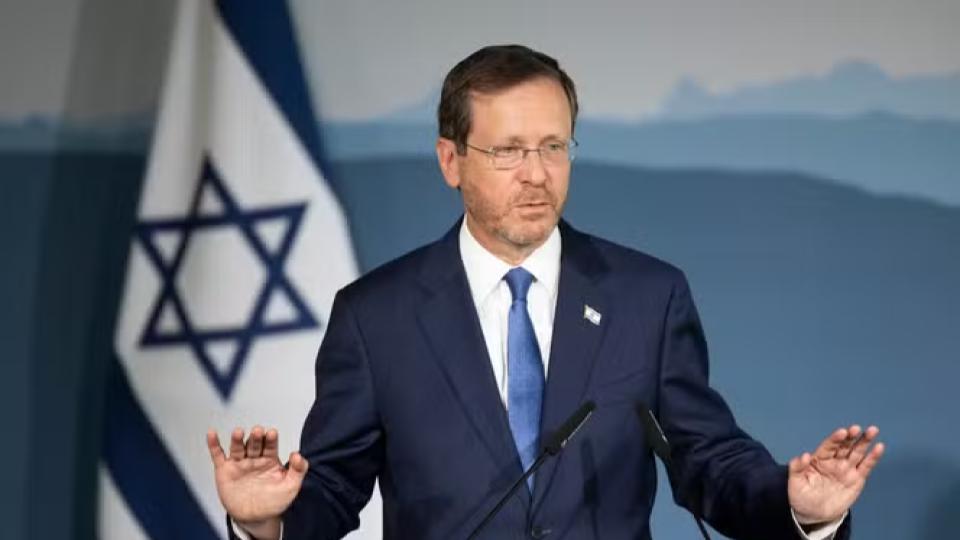
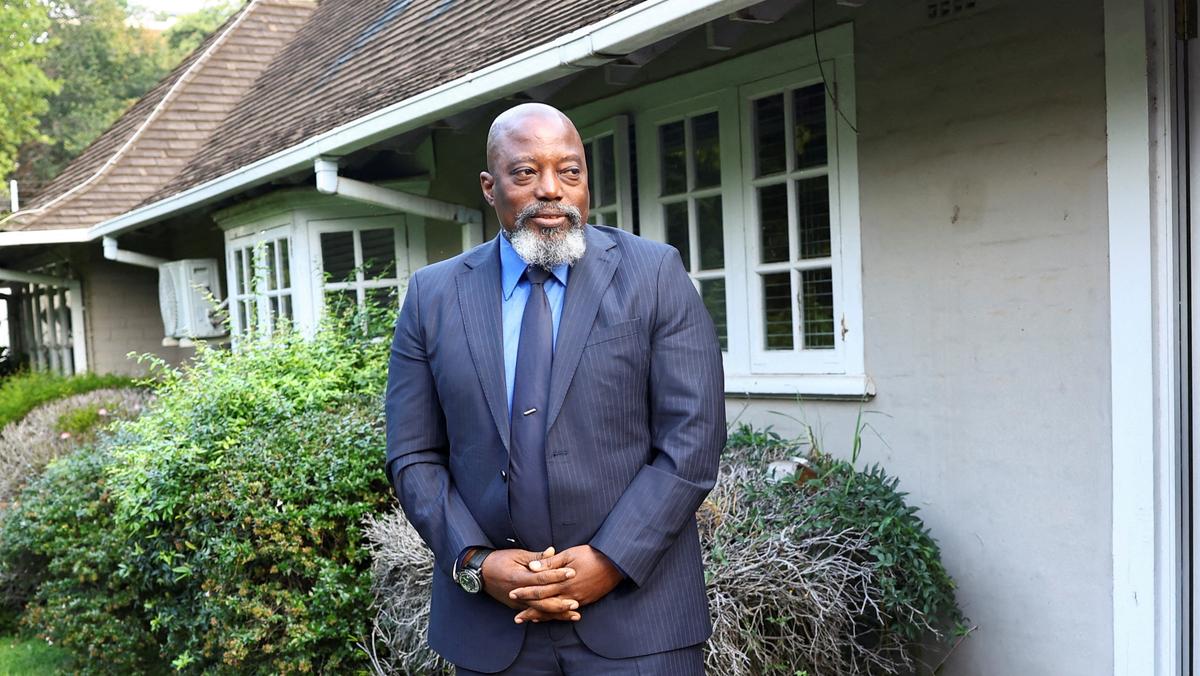
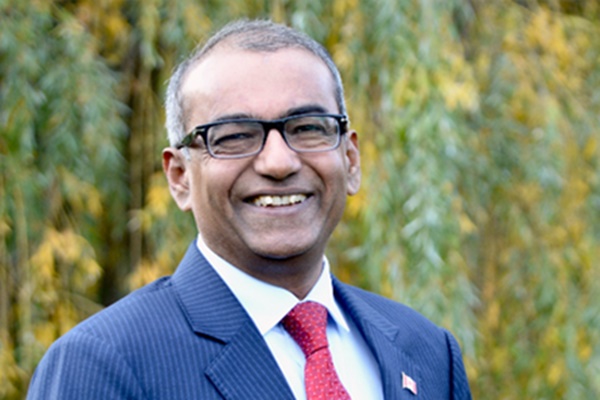


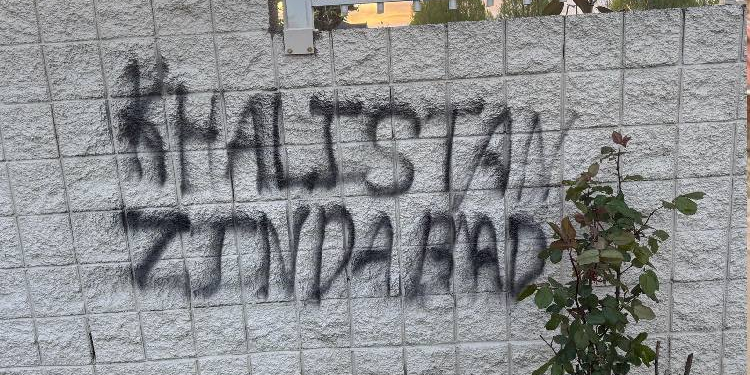




.jpg)
.jpg)
.jpg)
.jpg)
.jpg)
.jpg)
.jpg)
